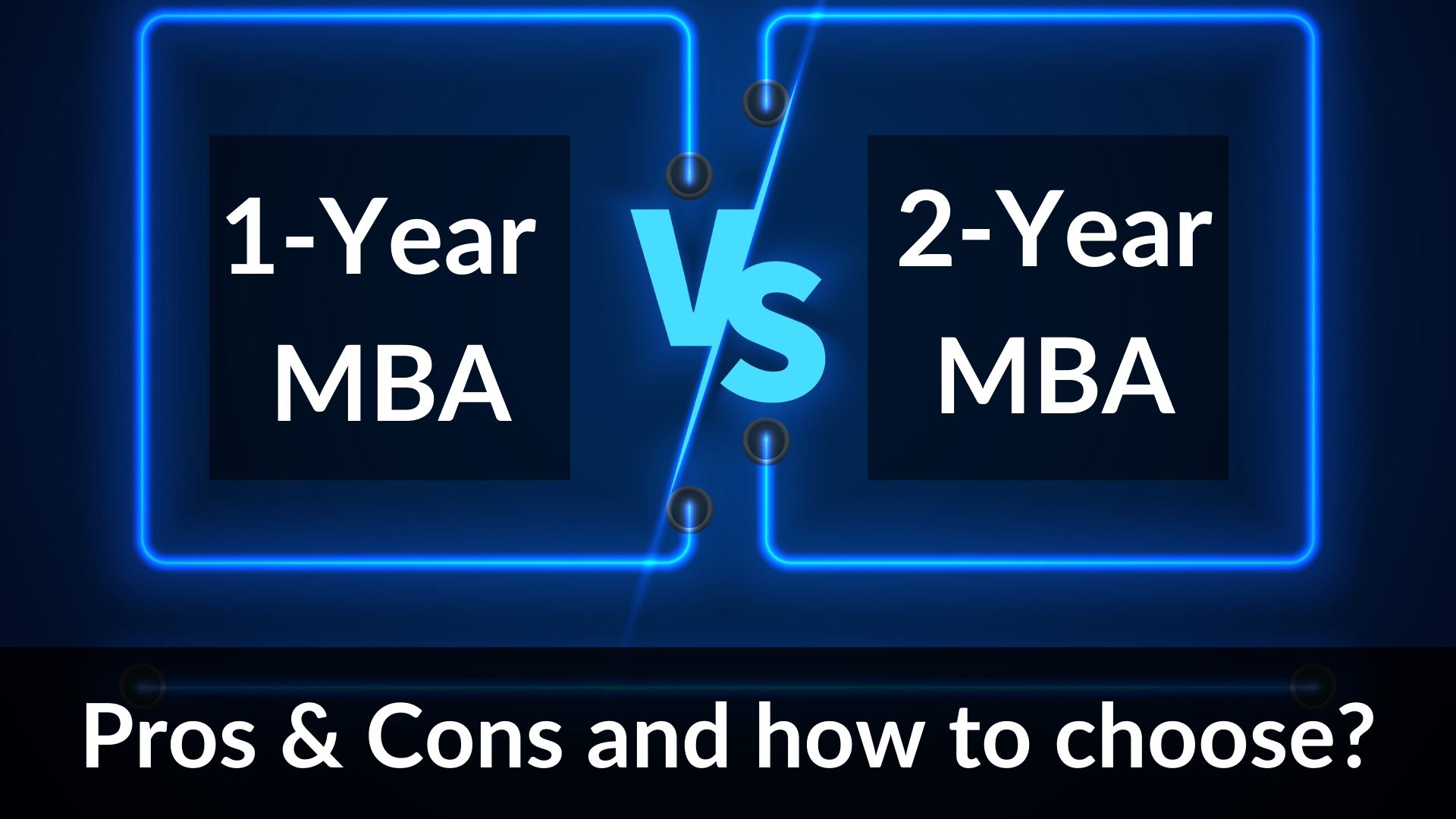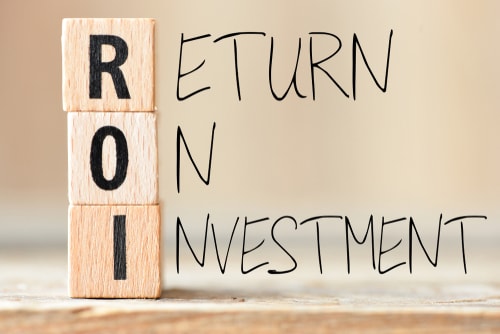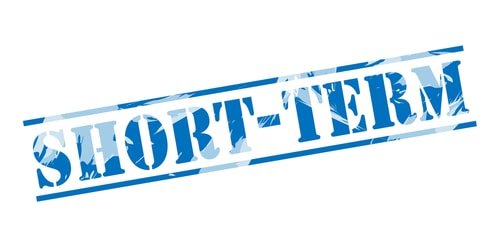Less is More – you would think – if you could get the same MBA in just one year and at a much lower cost. The obvious cost advantage and relative time-saving feature notwithstanding; the choice between a one year MBA vs two year MBA could be a complicated exercise. There are several factors to be scrutinized before arriving at a judicious decision.
One-year MBAs have become increasingly popular over the past decade, especially with more candidates with higher experience committing to the full-time MBA. Although not many business schools in the US have introduced this format, one-year (or a couple of months over one year) MBA, is ubiquitous in Europe and Asia. These courses are usually more intensive and rarely include the option of an internship. Nevertheless, the compensatory benefits are not negligible. Here’s a lowdown on the potential pros and cons of one year MBA over two year MBA.

Pros of one-year MBA
Here are a few pros of one-year MBA:
Shorter and hence, cheaper

This one is a no-brainer. Shorter duration translates to lower opportunity cost, (usually) less tuition fee investment and less out-of-pocket living expenses. You get to revive your career momentum in one year, instead of two years and ensure less time away from a paying job. It also works out well if you cannot afford to take two years off because of other commitments.
The outcome is essentially the same as a two-year MBA (and therefore promises better ROI)

If you are going to a top-notch business school, the world of opportunities open to you will essentially be the same, irrespective of the duration of your degree. For example, all else being equal, an employer is not going to make any differentiation in the compensation awarded to someone from a top two-year program such as that of HBS and someone from a top one-year program such as that of INSEAD.
A GMAT score is required for admission to both one year and two year MBA. If you are planning to take the GMAT, we can help you with a personalized study plan and give you access to quality online content to prepare. Write to us at acethegmat@e-gmat.com. We are the most reviewed GMAT prep company on gmatclub with more than 1830 reviews (as on June 3, 2019). Why don’t you take a free trial and judge it for yourself?
Cons of one-year MBA
Here are a few cons of one-year MBA:
It can be too short a duration for a comprehensive learning experience

If you are opting for a one-year MBA, you must be prepared to maximize the opportunity by adopting a clear goal and a focused approach. The shorter duration prohibits the luxury of quest and discovery and enforces meticulous precision in deciding exactly what you want and in selecting the courses, clubs and campus opportunities you wish to leverage.
No internship

While the compensation and opportunities available are in the same ballpark for both formats, one-year MBAs miss out on a key benefit enjoyed by two-year MBAs – internships.
An internship is a great way to dip your toes in a company/job profile and figure out whether it is the right fit for you. Further, if you are a career switcher, you may want to buy some extra time networking with organizations of your choice and exploring newer industries – and internships play a huge role in this context.
Additionally, with a one-year MBA, you get the opportunity to interact only with students enrolled in the same year as you, whereas in a two-year MBA, you establish connections from 3 batches of students – one year prior, same year as yours and the year after yours.
Differences between a one year MBA vs two year MBA – Which is better?
Thus apart from the namesake difference i.e. the duration of each there are a few significant characteristics that distinguish each kind. One year MBA programs are generally an intense experience, where all the learning and activities are packed into a 10-12 month time-frame. On the other hand, a two-year MBA program allows students to explore alternative post-MBA career paths through internships and other campus activities such as case-competitions, clubs, etc.
A one year MBA requires that much more focus and clarity of career goals and may not be suitable for individuals looking to make industry or career change. Thus, the choice between a one year vs two year MBA depends ultimately on your career goals and what you are looking to accomplish through the MBA program apart from career growth and an increased salary.
In the following table we summarize the nuanced differences between one-year and two-year MBA programs:
| # | Criteria | Two-Year MBA | One-Year MBA |
| 1 | Academic Background | Candidates from diverse backgrounds are accepted. Evidence of this can be found in the class profiles at top MBA programs | Since the program is intense and fast-paced, the program is better suited to candidates with strong quantitative backgrounds such as economics, etc. |
| 2 | Work Experience | The average work experience is 4-5 years. Deferred MBA programs also allow fresh graduates to apply to 2-year MBA programs without work experience | At the top 1-Year US MBA programs, the average work experience is slightly greater than 5 years going up to 10 years for the USC (I-BEAR) 1-Year MBA program. At international MBA programs such as INSEAD and Cambridge:Judge a majority of candidates bring greater than 5 years of work experience. |
| 3 | Career Goals | Internships and other extra-curricular activities allow candidates to explore different career paths before committing to full-time recruiting. There is also more time to explore elective courses in the 2nd year of the MBA program. | Due to the intense nature of the program, there are fewer opportunities to explore different career paths before full-time recruitment begins. Thus, candidates should have clear and focused career goals |
| 4 | Cost | The total estimated expenses per year for the 2-year Kellogg MBA program is $105,610. Which brings up the overall expenses to up to $200k+ for 2-years. Besides the significantly higher investment, there is also the opportunity cost of 2-years of lost salary. | The total estimated expenses for the 1-year Kellogg MBA program are $140,366. Significantly lesser than the 2-Year program overall. Besides the opportunity cost is also lower as you only spend 1-year away from the job market. |
| 5 | Networking | A two-year program provides significantly greater networking opportunities both within the campus and outside. You not only get to meet 2nd year students during your first year, but you also get to interact and mentor other first-year students as you advance to the 2nd year of your MBA. | Networking may be limited as you interact with candidates from only your cohort. Also reduced networking opportunities outside campus due to a lack of internships. |
One year MBA vs two year MBA – Which should you choose?
Getting an MBA is a personal, as well as a professional decision. Therefore, you must carefully weigh the comparative benefits available, while factoring in your unique situation and circumstances; before opting to make a choice.
While most MBA programs in the US are spread over 2 years, here are some of the top global programs that follow the one-year format:
| Business School | Location | FT Ranking (‘19) | Avg. Work Experience. | Avg. GMAT |
| INSEAD | France/Singapore | 3 | 6 years | 670-750 (mid 80%) |
| London Business School | UK | 6 | 5.5 years | 707 |
| University of Oxford (Saïd) | UK | 13 | 5 years | 690 (median) |
| Kellogg (both 1Y and 2Y options) | USA | 14 | 5.1 years | 732 |
| University of Cambridge (Judge) | UK | 16 | 6 years | 693 |
| HKUST | Hong Kong | 18 | 5 years | 680 |
| IMD | Switzerland | 22 | 7 years | 680 |
| ISB | India | 24 | 4.2 years | 709 |
| Cornell – Johnson (both 1Y and 2Y options) | USA | 27 | 5 years | 698 |
In addition to the listed programs above, there are some exciting options being offered by NYU Stern (NYU Tech MBA), Columbia Business School (J-term), IIMs (EPGP, PGPX, etc.), NUS and NTU in Singapore and the Sloan Fellows programs (MIT, Stanford and LBS) that offer an MBA in the shorter format.
e-GMAT and Admit Square Consulting bring to you The MBA Bootcamp – a one-day Workshop to help you get a detailed understanding of the best MBAs suitable to your profile. The workshop will offer suggestions and strategies to facilitate the building of a winning application and one-to-one interactions with alumni from top business schools such as Wharton, Kellogg, INSEAD and Oxford, in addition to exclusive panel discussions with Admissions Officers from ISB, IIMB EPGP and the Schulich MBA. Click HERE to know more and book a seat well in advance.
About the author

Prashant Tibrewal is the founder of Admit Square Consulting and has mentored 1000+ MBA aspirants to get into top global universities like Harvard, Stanford, INSEAD, Oxford, HEC, ISB, etc. With a team of Consultants from some of the top business schools such as Yale, Wharton, Duke and Oxford, Admit Square offers 100% Money-back Assurance on its services. You may send your details to prashant@admitsquare.com for a free profile evaluation.
Here are a few more articles you may find useful:














